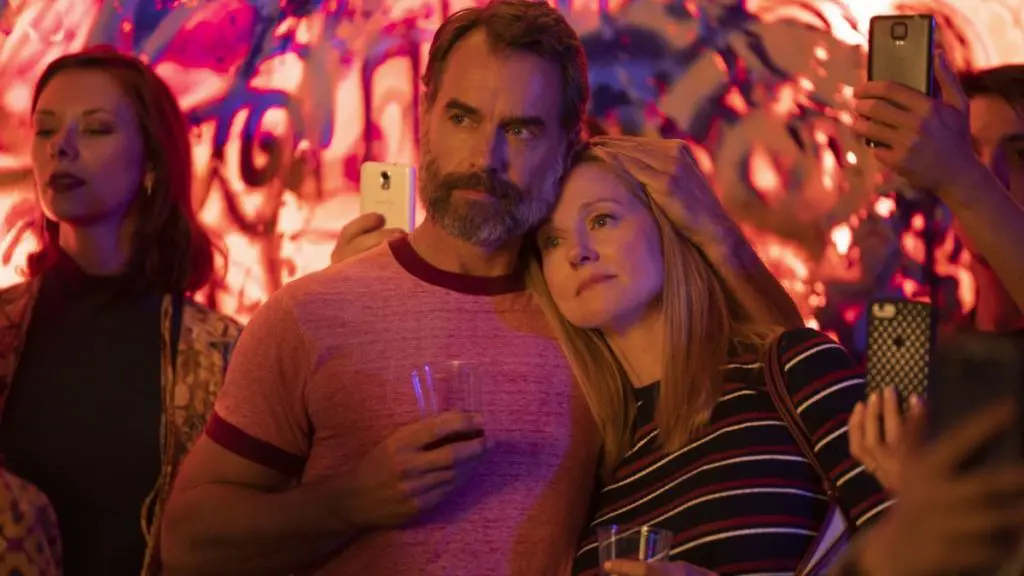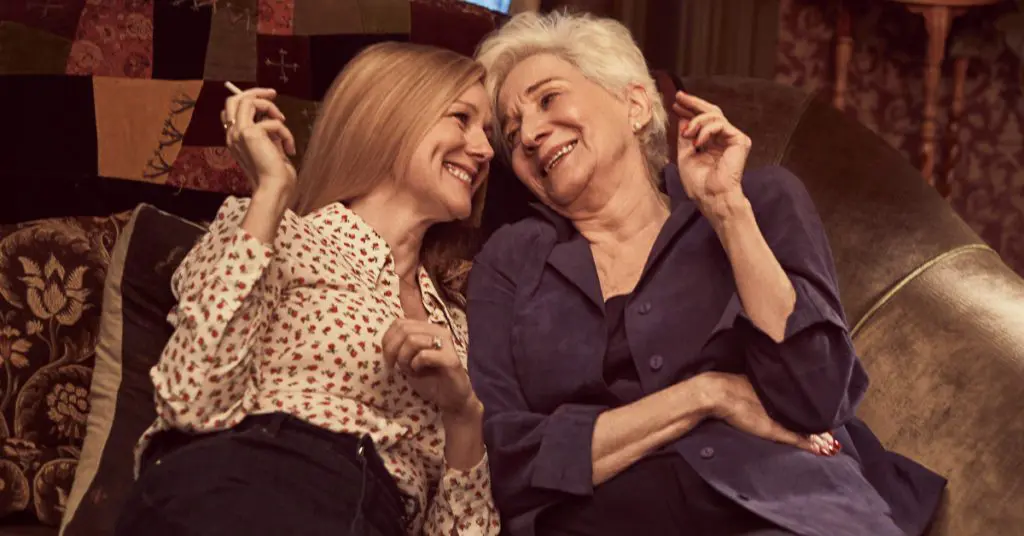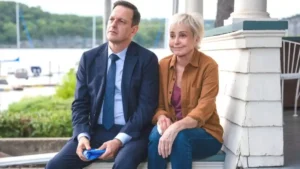Summary
It’s a bit all over the place, but Tales of the City successfully updates Armistead Maupin’s work for the Netflix age.
Is it cynical of Netflix to capitalize on Pride Month? It’s good business, for sure, and perhaps that’s all that matters, especially when the streaming giant’s themed offering is an update of Armistead Maupin’s same-named novel. This is its fourth adaptation; Tales of the City has been important to people for a long time, and this new miniseries contemporizes its age-old stories of the marginalized and disenfranchised, for better and for worse.
Written by Lauren Morelli (Orange is the New Black) alongside what I’m told was an all-queer writers room, Tales of the City might be packaging its varied experiences for sale, but at least it’s doing so with charm and authenticity. Then again its attempts at hip modernity are annoying at best and utterly insufferable at worst; along with the timeline having been impossibly contorted, all the tedious and reference-heavy evocations of Gen Z tend to be clumsy misfires, an attempt to assure a new audience that what they’re watching is divorced from the original even though you can tell its legacy still defines it.

For instance, much of the ten-episode season revolves around Mary Ann Singleton (Laura Linney) returning to 28 Barbary Lane and discovering that her adopted daughter, Shawna (Ellen Page), believes herself to biologically related to Mary Ann. It’s not the only plot but it feels like the main one, despite many new or reimagined characters, and there’s a decent amount of backstory that isn’t adequately explained for newcomers.
This confusion around how much the show wants to be tethered to its older incarnation and how much it wants to forge its own identity is an issue, but not a major one, since Tales of the City has the same essential identity and authentic naturalism, and it’s at its best when it leans into that. Its inclusiveness and diversity isn’t just tokenistic, and the arguments it raises — about all kinds of issues — are presented with breadth and depth. It does well at offering both personal perspective and historical context, the two things which define every issue, even though one or the other is often forgotten.
Tales of the City is a messy series, without a doubt, and it’d be ridiculous to suggest that everything it tries to do works in the way it’s intended to. But it’s sloppy, rambling ambition is, I think, part of its enduring appeal, and part of the experiences it wants to share. If it were more elegant and precise it would be less real, and its realness — all that heart and encouragement and consideration — is what it takes pride in. Perhaps releasing it this month isn’t too cynical of a move after all.




